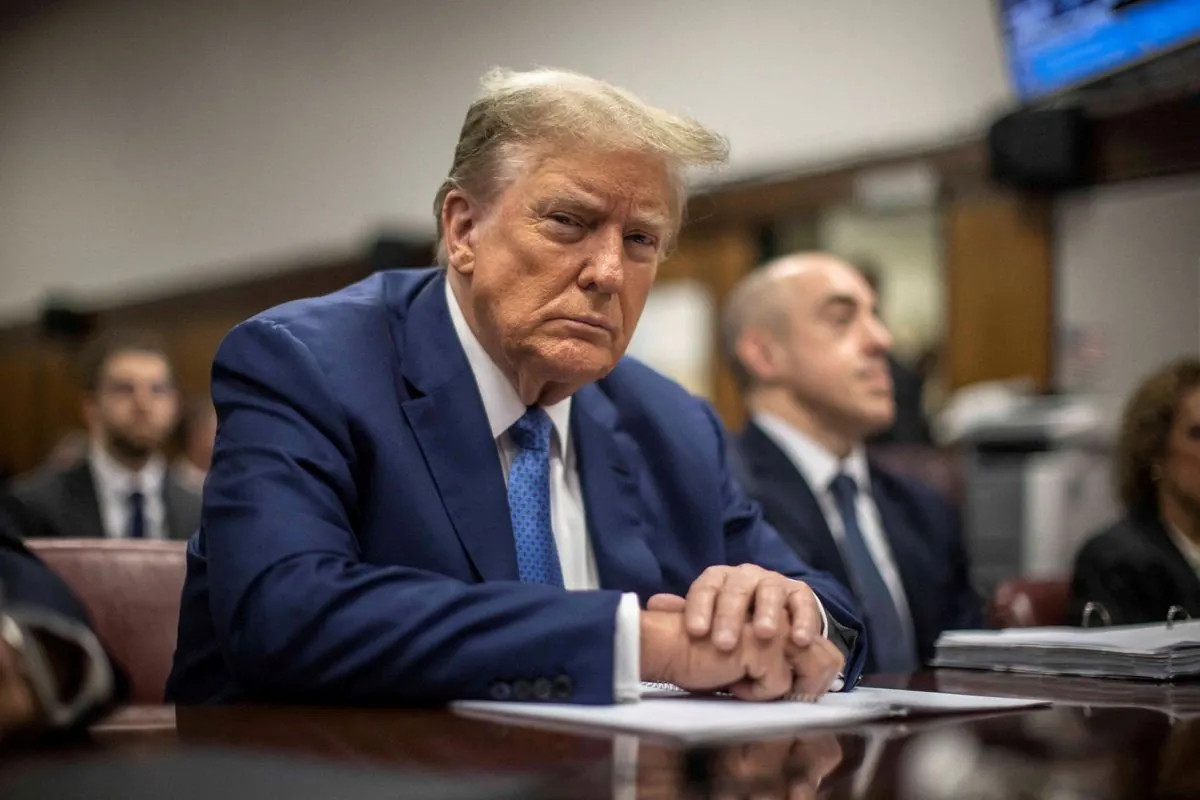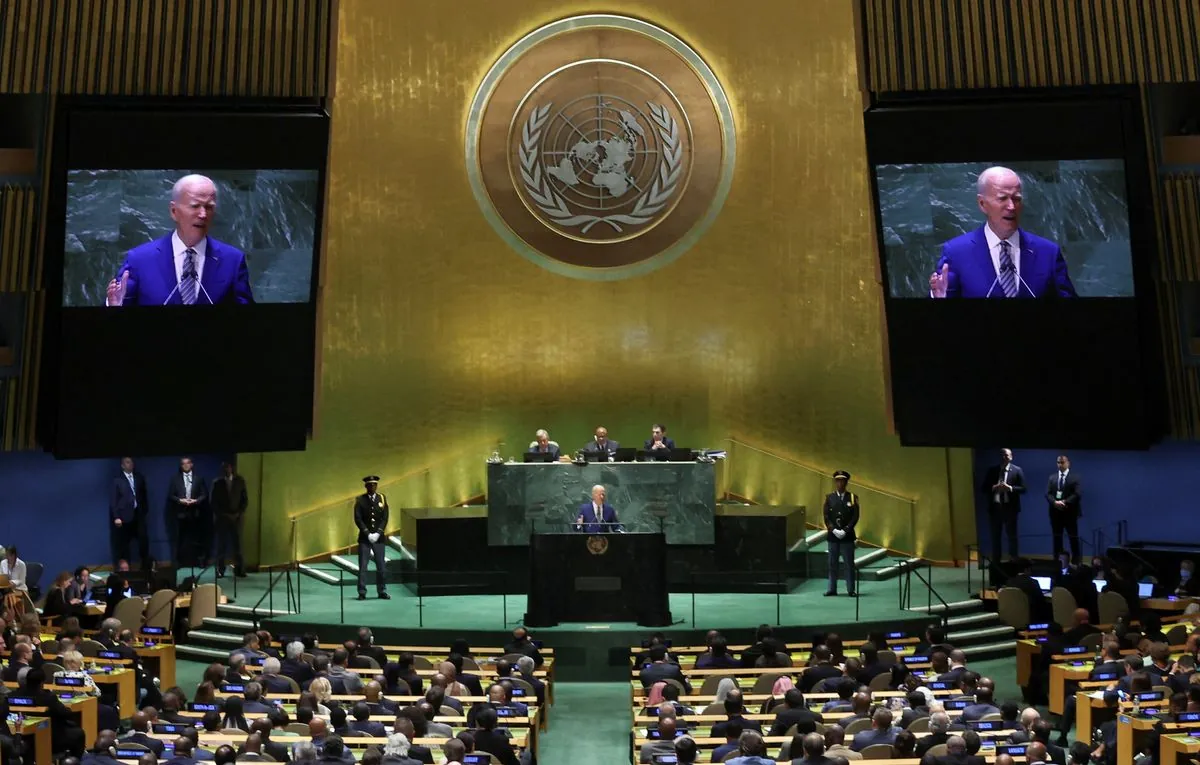Party Platforms: Unreliable Guides for Future U.S. Foreign Policy
Analysis reveals why U.S. party platforms, despite their aspirational nature, fail to accurately predict future foreign policy actions. Presidential autonomy and unforeseen events play crucial roles in shaping international relations.

As the United States approaches its next presidential election in November 2024, both the Republican and Democratic parties have released their official platforms. These documents, intended to outline party positions and proposals, often attract attention as potential indicators of future governance. However, when it comes to foreign policy, these platforms offer limited insight into what might unfold after January 2025.
The Republican platform, heavily influenced by Donald Trump, presents a disjointed narrative that lacks substantive policy details. In contrast, the Democratic platform offers a more comprehensive, albeit idealistic, view of Joe Biden's foreign policy achievements and future aspirations. Despite their differences, both documents share a common limitation: they fail to provide a reliable roadmap for future international relations.
Party platforms are primarily negotiated documents reflecting internal power dynamics and stakeholder interests. The Republican platform demonstrates Trump's overwhelming influence within the party, while the Democratic version caters to various interest groups and donors. This process often results in overly optimistic portrayals and unrealistic promises.
Several factors contribute to the unreliability of party platforms in predicting foreign policy:
Presidential autonomy: The U.S. Constitution grants presidents significant latitude in foreign affairs, allowing them to deviate from platform promises.
Inner circle influence: Key foreign policy decisions are typically made by a small group of loyal advisors, not by platform committees or party figures.
Changing realities: Campaign rhetoric often shifts once a president takes office and faces real-world complexities.
Overpromising: Platforms tend to present idealized scenarios without accounting for political obstacles and limited resources.
Unforeseen events: Global developments can dramatically alter foreign policy priorities, as evidenced by events like the 9/11 attacks, the Arab Spring, and the COVID-19 pandemic.

Historical examples illustrate the disconnect between platforms and actual policies. Bill Clinton's 1992 campaign criticized George H. W. Bush's approach to China, only to adopt a similar stance once in office. Similarly, Joe Biden maintained many of Trump's economic restrictions despite campaign promises to the contrary.
"Events, my dear boy, events."
This quote from former British Prime Minister Harold MacMillan encapsulates the unpredictable nature of global affairs and their impact on foreign policy decisions.
While party platforms serve a purpose in rallying support and presenting party aspirations, they should not be viewed as reliable predictors of future foreign policy actions. The complex interplay of presidential autonomy, unforeseen events, and political realities often leads to significant departures from these pre-election documents.
As the 2024 election approaches, voters and analysts alike would be wise to look beyond party platforms when assessing potential foreign policy directions. Instead, focusing on candidates' track records, core beliefs, and adaptability to changing global circumstances may provide more valuable insights into future international relations under the next U.S. administration.


































